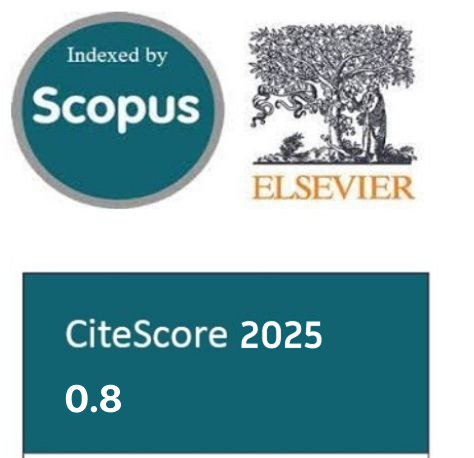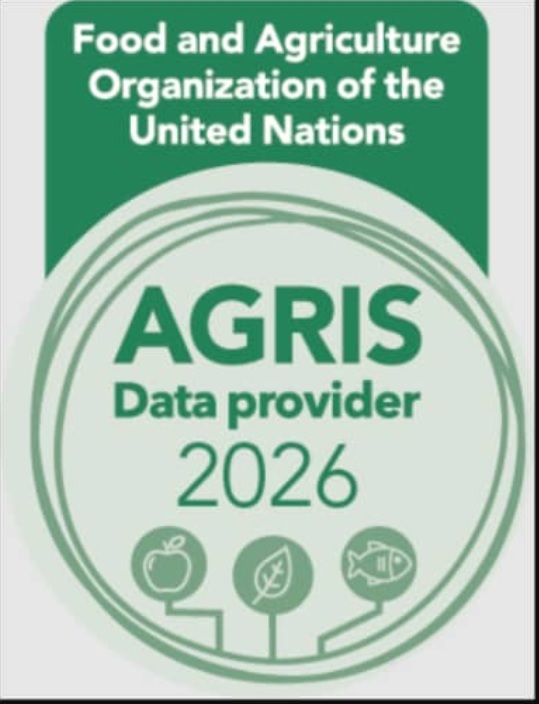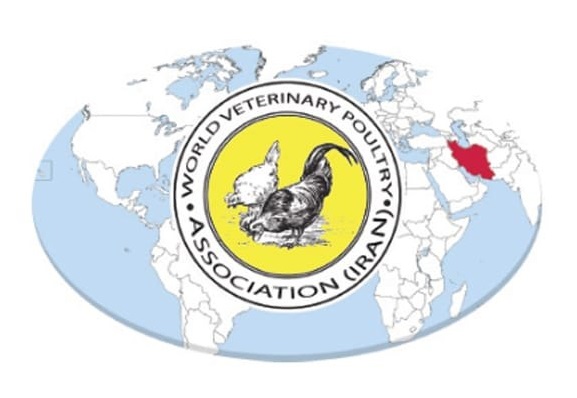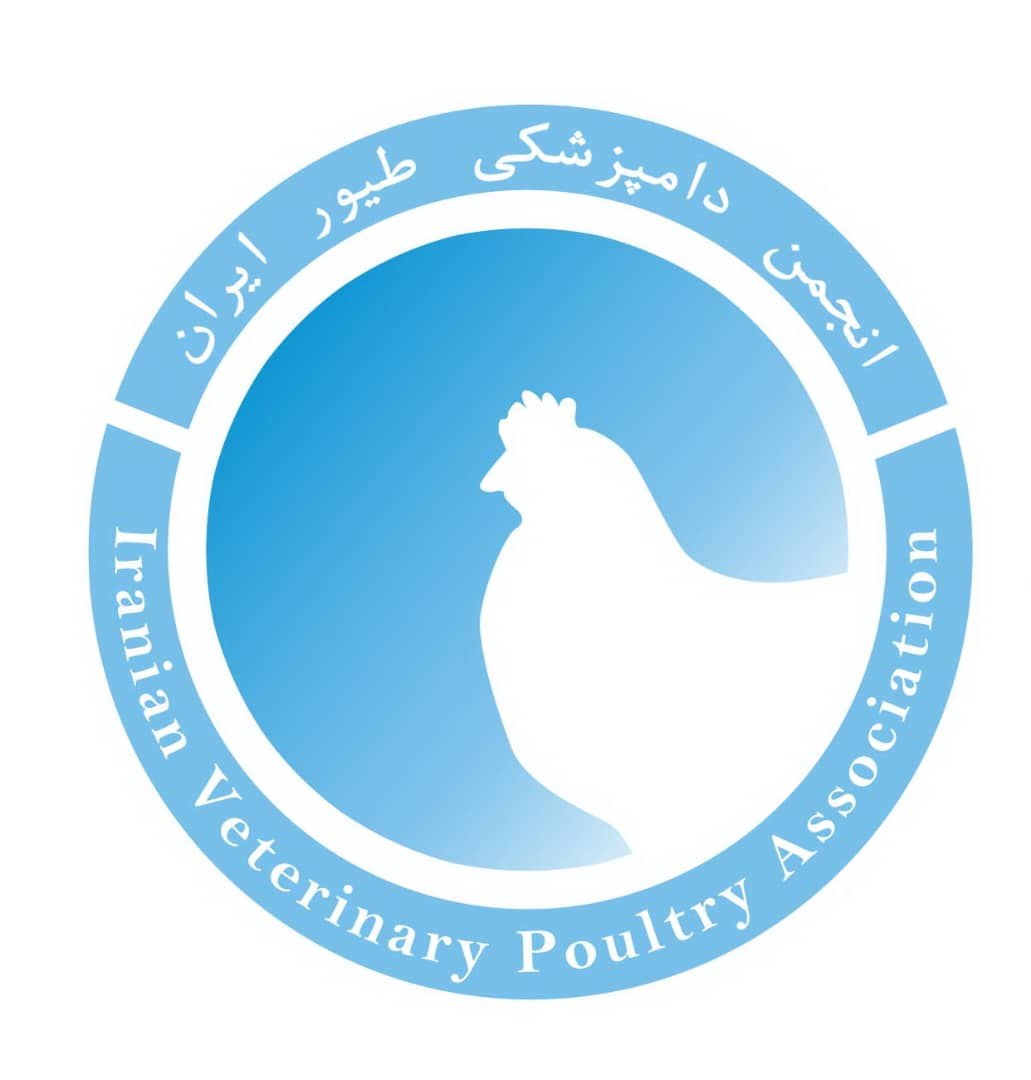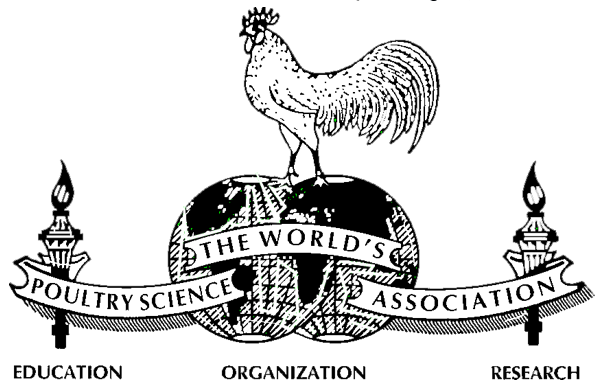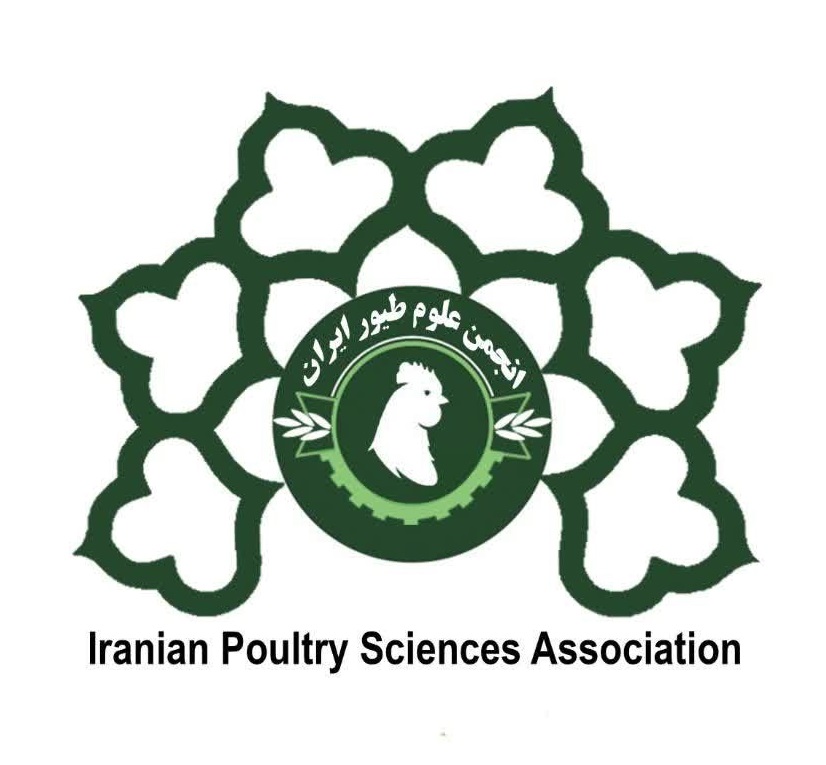Salmonella serovar Typhimurium infection modulates expression of immune-related genes in avian enriched monocytes
Keywords:
Salmonella serovar Typhimurium, Immune response, Enriched peripheral blood monocyte (EPBM), Inflammatory cytokines, Anti-inflammatory cytokines, Toll-like receptorsAbstract
Salmonella enterica subsp. enterica serovar Typhimurium is a gram-negative bacterium that can infect various hosts. Salmonella serovar Typhimurium (ST) infection in adult poultry usually results in an asymptomatic intestinal carriage, while the infection in newly hatched chicks may lead to a severe clinical disease. Macrophages play an essential role by limiting bacterial replication in submucosal tissues using several defense mechanisms. Subsequently, Salmonella strains have developed countermeasures to evade or subvert the host immune responses to their benefit. We previously showed that the ST challenge can significantly reduce the phagocytic capacity of chicken-enriched peripheral blood monocytes. In the present study, we sought to provide a snapshot of the immune responses against ST challenge in chicken-enriched peripheral blood monocytes by evaluating the transcriptional changes in inflammatory and anti-inflammatory cytokines, pattern recognition receptors, and other immune-related molecules at the mRNA level. Our results indicate that wildtype ST challenge in avian blood monocytes favors the differentiation of macrophages toward the alternatively activated M2-like cells through downregulation of inflammatory IL-1β and upregulation of anti-inflammatory IL-10 cytokines. Our result may partially explain how the bacterium modulates the immune response in professional phagocytes to survive in the hostile environment of host immune cells and further disseminate within the host.
Downloads
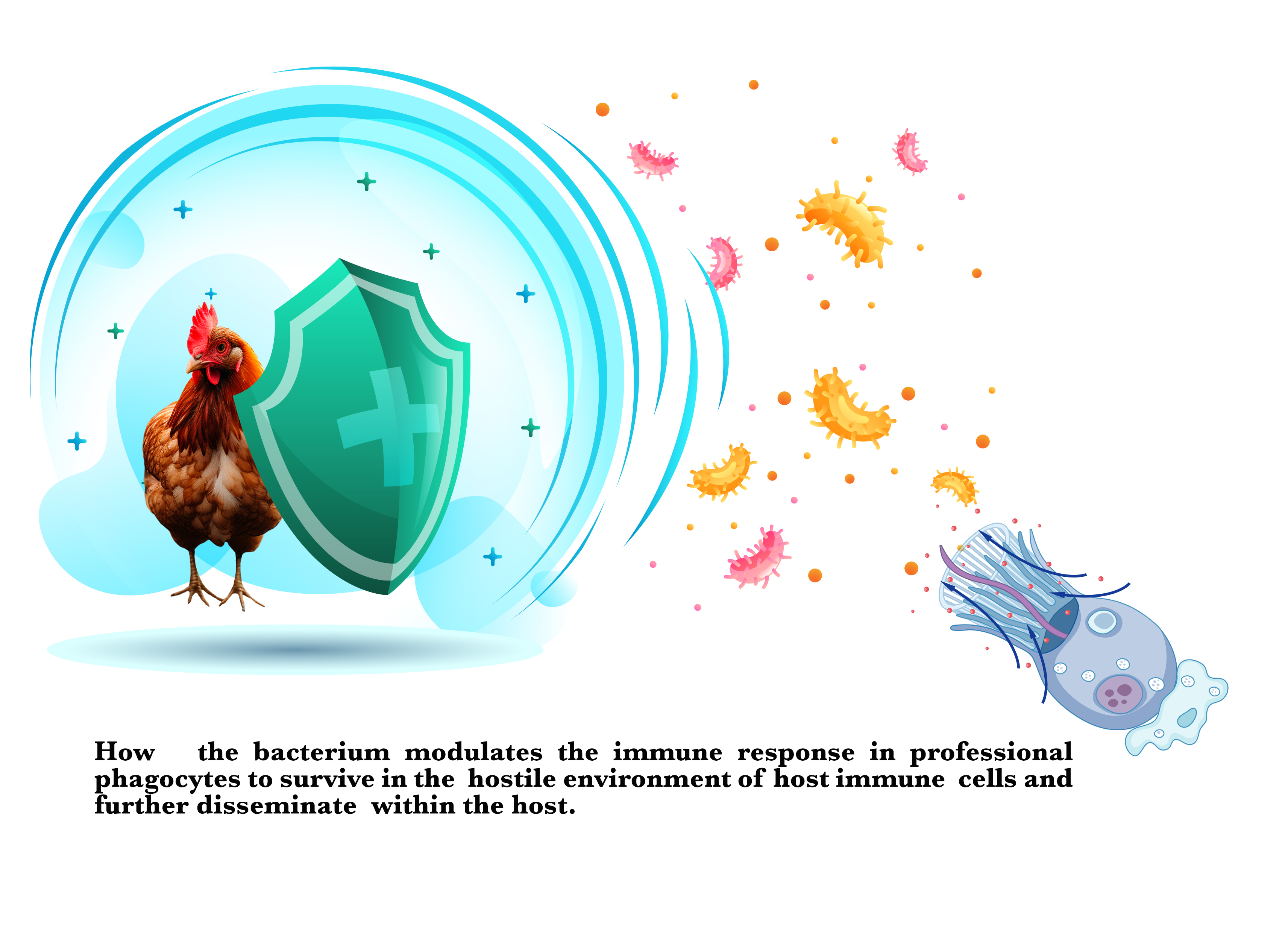
Downloads
Published
Issue
Section
License
Copyright (c) 2024 Elya Abbaszadeh, Jalil Mehrzad, Seyed Mostafa Peighambari, Paniz Zarghami Dastjerdi (Author)

This work is licensed under a Creative Commons Attribution-NonCommercial 4.0 International License.


